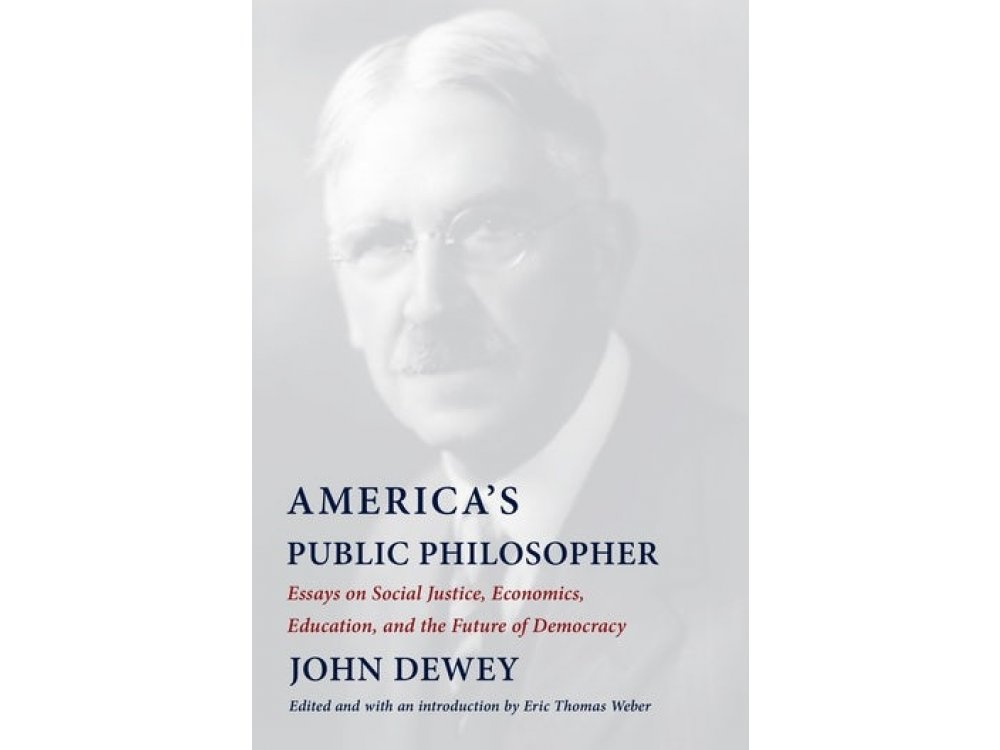Introduction: Democratic Faith and Education in Unstable Times, by Eric Thomas Weber
Part I: Democracy and the United States
1. Democracy Is Radical
2. Address to National Negro Conference
3. A Symposium on Woman’s Suffrage
4. The Challenge of Democracy to Education
5. America in the World
6. Our National Dilemma
7. Pragmatic America
8. The Basic Values and Loyalties of Democracy
9. Creative Democracy—The Task Before Us
Part II: Politics and Power
10. Politics and Culture
11. Intelligence and Power
12. Force, Violence, and the Law
13. Why I Am Not a Communist
14. Dualism and the Split Atom
15. Is There Hope for Politics?
16. A Liberal Speaks Out for Liberalism
17. Future of Liberalism
Part III: Education
18. What Is a School For?
19. Dewey Outlines Utopian Schools
20. Industrial Education—A Wrong Kind
21. Why Have Progressive Schools?
22. Can Education Share in Social Reconstruction?
23. Nationalizing Education
24. The Teacher and the Public
25. Democracy and Education in the World of Today
Part IV: Social Ethics and Economic Justice
26. Capitalistic or Public Socialism?
27. Does Human Nature Change?
28. The Ethics of Animal Experimentation
29. Ethics and International Relations
30. Dewey Describes Child’s New World
31. The Collapse of a Romance
32. The Economic Situation: A Challenge to Education
33. The Jobless—A Job for All of Us
Part V: Science and Society
34. The Influence of Darwinism on Philosophy
35. Science, Belief and the Public
36. Social Science and Social Control
37. Education and Birth Control
38. The Supreme Intellectual Obligation
39. The Revolt against Science
Part VI: Philosophy and Culture
40. The Case of the Professor and the Public Interest
41. Social Absolutism
42. Some Factors in Mutual National Understanding
43. The Basis for Hope
44. Art as Our Heritage
45. The Value of Historical Christianity
46. What Humanism Means to Me
References
Index




